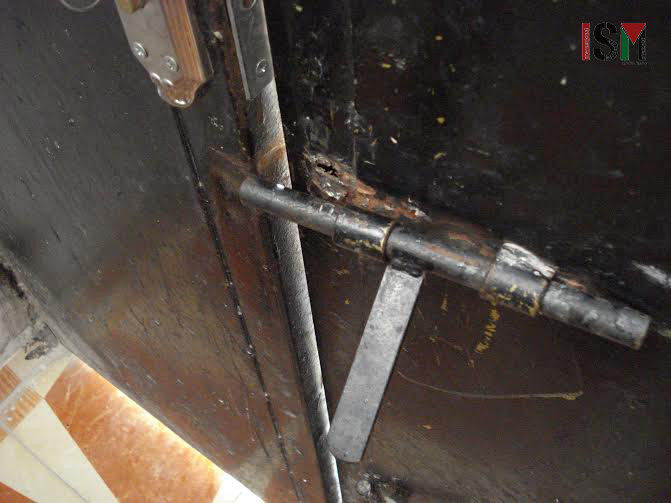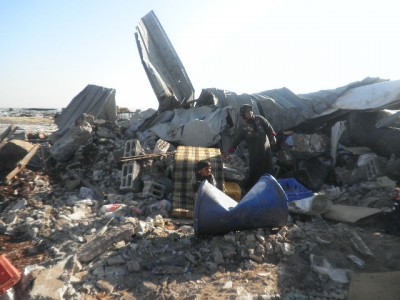Tag: Qalqilya
-
Village of Azzun suffers from continuous, targeted attacks by Israeli army
31st July 2015 | International Solidarity Movement, Nablus Team | Azzun, Occupied Palestine On Tuesday, July 28, at 2:40 pm, the Israeli army arrived to the village of Azzun, located in the district of Qalqilya, to block 3 of the 4 existing entrance gates. Since the 4th gate (east side), which leads to an illegal…
-
Home demolition orders issued in Qalqilya
24th November 2014 | International Solidarity Movement, Nablus Team | Hajja, Occupied Palestine On Monday November 17th, the Israeli occupation army invaded the village of Hajja, in the Qalqilya district and issued five home demolition orders. The village of Hajja includes land that is officially considered Area C, as well as Area B, but the village…
-
Israel continues wave of West Bank housing demolitions in East Jerusalem
by Wahed Rejol 6 December 2011 | International Solidarity Movement, West Bank Following the violent demolitions in Qalqiliya yesterday, and in Beit Hannina and Silwan on Sunday, Israel continued its displacement of Palestinians throughout the West Bank today in occupied East Jerusalem. On the day Israel announced a plan to forcibly remove 2300 Palestinians from their homes, a demolition team arrived in Al…


